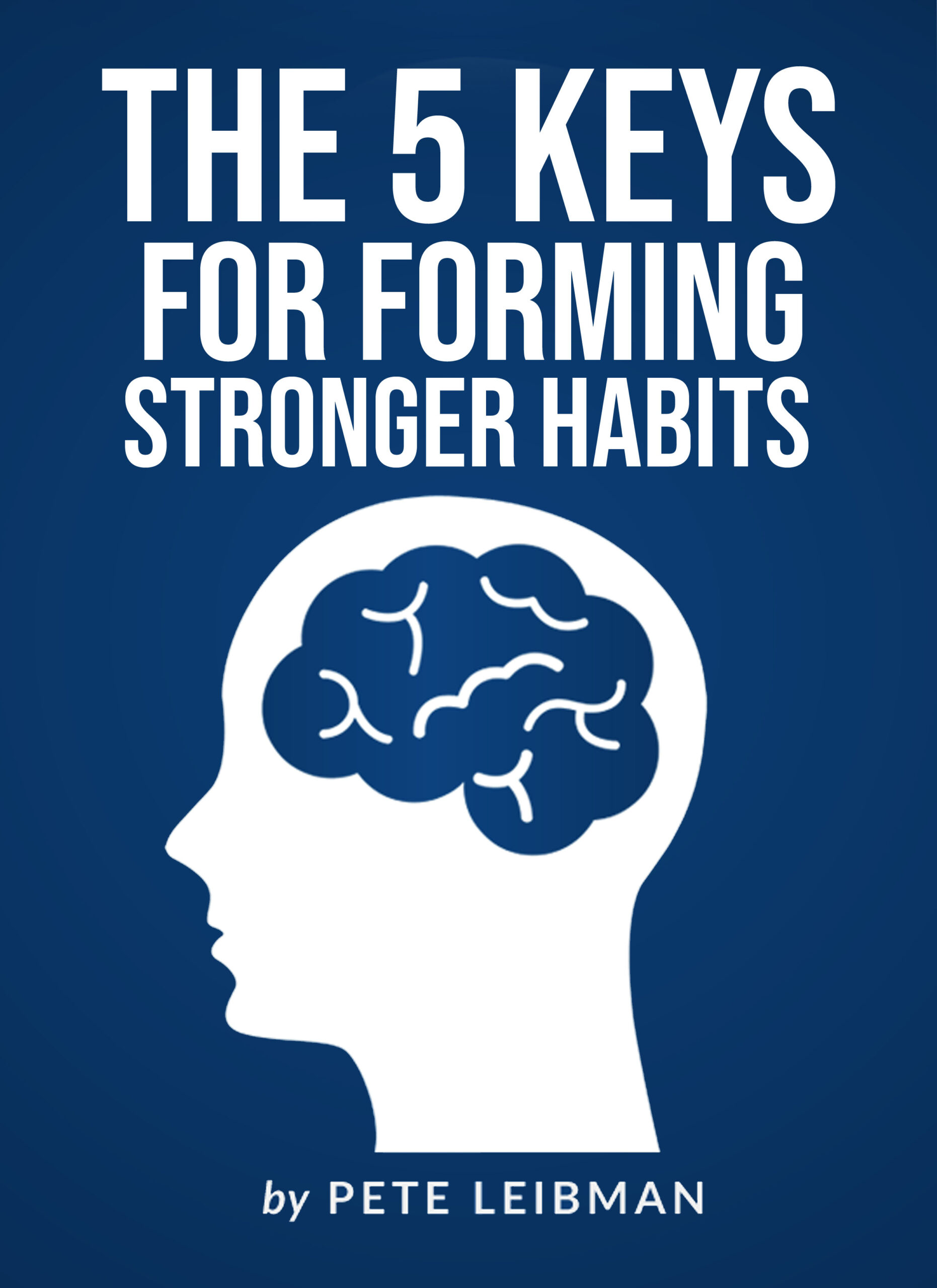
Everyone knows that exercise provides a variety of physical benefits. It strengthens your bones and muscles, improves your body composition, and improves your physical health. However, the mental and psychological benefits of exercise can be even more powerful.
“Building muscles and conditioning the heart and lungs are essentially side effects,” writes John J. Ratey, M.D., in his exceptional book titled Spark: The Revolutionary Science of Exercise and the Brain. “I often tell my patients that the point of exercise is to build and condition the brain.” 1
Here are five of the most significant mental and psychological benefits of exercise:
Exercise helps you manage stress better.
Chronic stress can compromise the architecture of your brain. Since exercise is a form of stress, it might seem counterintuitive that it could help you manage stress better.
However, the right amount of exercise (not too little or too much) sparks brain growth and forces your body and brain to adapt. When you exercise, neurons get broken down and built back up- just like muscles do. Repair mechanisms actually leave your cells stronger, making you more resilient and better equipped to handle stress in the future. 2
Exercise improves your mood and helps reduce and prevent anxiety and depression.
Nearly 20% of Americans will experience depression at some point in their lives. 3 In addition, nearly 20% of Americans struggle with clinical anxiety each year, including generalized anxiety disorder, social anxiety disorder, phobias, and panic disorders. 4
According to Dr. Ratey, there is a connection between how much you exercise and your risk for anxiety and depression. 5 Researchers have also found that exercise can be at least as effective as anti-depressant medication in treating depression. 6
In the short-term, exercise increases dopamine, noradrenaline (also known as norepinephrine), and serotonin. These neurotransmitters stabilize your mood and enhance your sense of calm. This is one reason why you feel good right after a workout. Over the long-term, consistent exercise can also elevate your baseline levels of these neurotransmitters.
Exercise improves your ability to learn.
Your brain is flexible, and it is constantly being rewired. According to Dr. Ratey, exercise improves learning on three levels. First of all, exercise helps nerve cells bind together, which is the cellular basis for logging in new information. Secondly, exercise supports the development of new nerve cells from stem cells in the hippocampus, a part of the brain that plays a major role in learning and memory. Finally, exercise optimizes your mindset to improve motivation, alertness, and attention. 7
Exercise improves your ability to focus.
In today’s fast-paced, always connected world, many people are finding it more and more difficult to concentrate. Exercise can help you prevent and overcome this challenge. You can actually strengthen the vast areas of your brain that are associated with concentration. Exercise also improves your ability to focus by increasing dopamine and noradrenaline, neurotransmitters that play a leading role in regulating your attention system. 8
Exercise improves your confidence and identity.
While medication can help treat some mental or psychological problems, it does not improve your mood or confidence naturally. Even worse, medication often comes with negative side effects.
On the other hand, exercise helps you develop an ability to cope with challenges naturally. Exercise (especially more difficult kinds of exercise) also teaches your brain how to cope with discomfort. It helps you become more comfortable feeling uncomfortable. All of this improves your confidence and the way that you see yourself.
My Experience with the Mental and Psychological Benefits of Exercise
While I have been active throughout my entire life, my reasons for exercising have evolved over the years. Earlier in my life, it was strictly about the physical benefits: being a better athlete and looking good at the beach.
In my early thirties, I started exercising before work, and I noticed something interesting. I always felt sharper mentally and better psychologically after starting the day with a workout, especially when the workout was difficult, fast-paced, and complex. It felt like my own little secret at first. At that time, I had no idea there was so much scientific research to support my personal experience.
While I have never been diagnosed with any mental or psychological disorders, there have been some difficult periods of my life when I have felt very low. In addition, even during happy periods of my life, there have still been many days when I have woken up and not felt that great psychologically at first. I’m grateful to have learned that exercise can help me feel better- quickly and naturally.
These days, the mental and psychological benefits of exercise are even more powerful for me than the physical benefits. It’s always easier for me to concentrate at work after exercising in the morning. I’m also more optimistic, calmer, and happier. Reading Spark by Dr. Ratey helped me understand why. I recommend that you read his book as well.
Summary and Final Thoughts
The physical benefits of exercise are terrific. However, the mental and psychological benefits of exercise can be even more powerful:
- Manage stress better.
- Improve your mood and help reduce and prevent anxiety and depression.
- Improve your ability to learn.
- Improve your ability to focus.
- Improve your confidence and identity.
Exercise is like a natural mood-boosting and brain-boosting drug. It helps you feel better and perform better- both in the short-term and over the long-term. Even better, there are no negative side effects, like there often are with medications. As Dr. Ratey writes in Spark, “Exercise is the single most powerful tool you have to optimize your brain function.”
P.S. If you enjoyed this article, check out my free 40-page eBook and newsletter below.

Free eBook and Newsletter
Download my free 40-page eBook on “The 5 Keys for Forming Stronger Habits.”
You’ll also receive my free weekly newsletter on how to become your strongest self.
Your email is safe. Unsubscribe anytime.
About the author: Pete Leibman is the Creator of StrongerHabits.com. He is a best-selling author, keynote speaker, executive recruiter, athlete, and peak performance coach. His work has been featured on Fox News, CBS Radio, and CNNMoney.com, and over 500,000 people across the world have read his articles.
References for this article
- John J. Ratey, with Eric Hagerman, Spark: The Revolutionary New Science of Exercise and the Brain (New York: Little, Brown & Company, 2008), 3.
- Ibid, page 60
- Ibid, page 114
- Ibid, page 87
- Ibid, page 93
- Ibid, page 122
- Ibid, page 53
- Ibid, page 158
- Ibid, page 245

